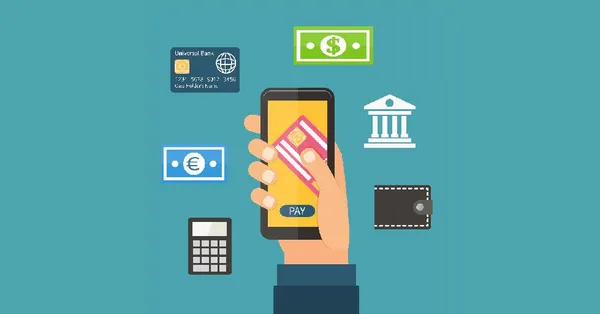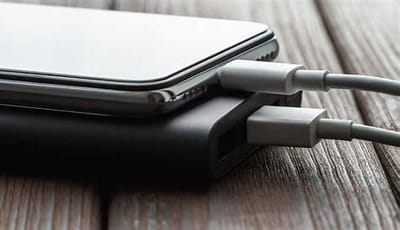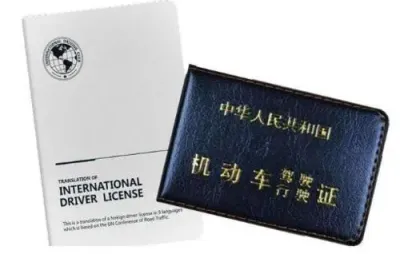On this page
Introduction
With the promotion of electronic payments and the widespread use of smartphones, China has gradually entered a cashless society. Chinese people rarely use cash for transactions domestically. Although the law requires that cash cannot be refused, using cash in China can create inconvenience for both parties involved in the transaction.
Here are 3 things you should know about payments in China.
Alipay and WeChat Pay
These two mobile payment tools dominate 99% of the payment market.
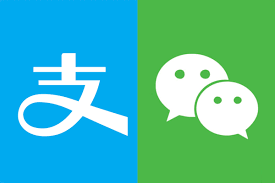
- The English version of Alipay is more user-friendly. For more details about using Alipay, please refer to our payment guide.
- WeChat Pay holds a larger market share, and almost all social services and communications in China can be handled through WeChat. It’s recommended to register for a WeChat account to make it easier for your hotel or driver to contact you.
- Both payment methods will be feasible after adding a bank card to your account.
Jargons of payment in China: "ni sao wo" (你扫我) and "wo sao ni" (我扫你)
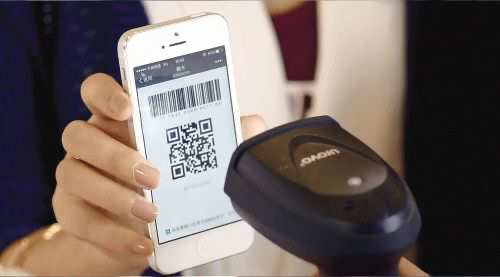
- ni sao wo" (你扫我)
It means "you scan me".
When you hear the cashier say this, you should open the scanning feature in your payment app and scan the payment code provided by the merchant.
Open Alipay or WeChat and tap "+" on the top right corner, and select "Scan". Then, scan the QR codedisplayed by the shops and enter your payment amount and password/passcode to complete the transaction.
- "wo sao ni" (我扫你)
It means "I scan you".
When you hear the cashier say this, you need to show him/her your payment code in the payment app to let the cashier scan yours, which the above picture shows.
To access the payment QR code on Alipay, find it under the search box on the home page by tapping on "Pay/Collect".
On the other hand, for WeChat, you need to tap on "Me", which is located in the bottom right corner, then tap "Money" to show the payment QR code.
Special Situation

Some small vendors use personal accounts for payments, which is technically illegal due to potential tax evasion. However, many small vendors still use this method. When dealing with such vendors, credit cards like VISA will fail to pay. It’s advisable to use a debit card or seek assistance from a local person to handle the payment.
Things to Get Ready for Mobile Payment in China
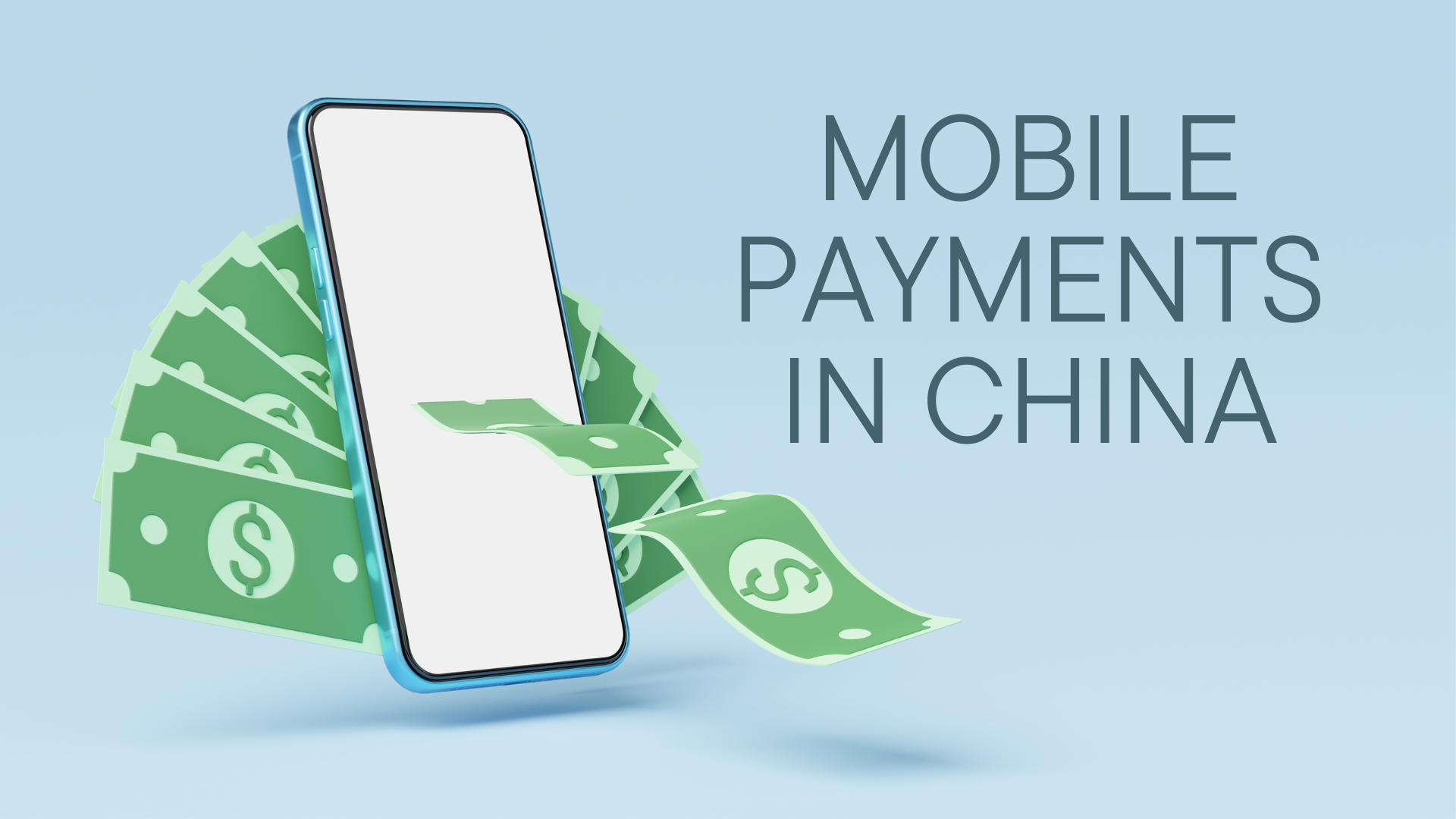
Download Mobile Payment Apps
Since Alipay and WeChat Pay are the two major mobile payment apps in China, we could choose one or both of them to download.
Based on information from foreign tourists who have visited China, Alipay is the best mobile payment option due to its superior success rate in account linking and transactions. As a backup, you could also download WeChat.
Make Sure Your Bank Supports Payments in China
It is crucial to contact your bank in advance and ensure that your card is authorized for international use. Otherwise, you may not be able to successfully link your bank card to Alipay or WeChat.
Types of foreign cards (debit and credit cards are both acceptable) that can be linked to Alipay / WeChat Pay include:
- Visa
- Mastercard
- Diners Club International
- Discover
- JCB
You can read for more details about how to use Alipay/WeChat Pay in the following pictures, which are officially released by Alipay and WeChat Pay.


Prepare a Chinese SIM Card (Recommended)
A Chinese mobile phone number is not required when you register or sign up for Alipay or WeChat. You could use your foreign mobile phone number.
The primary advantage of getting a Chinese SIM card is avoiding US data roaming charges while using mobile payments. Alternatively, you can activate international roaming beforehand.
Can I Pay with Apple Pay / PayPal in China?
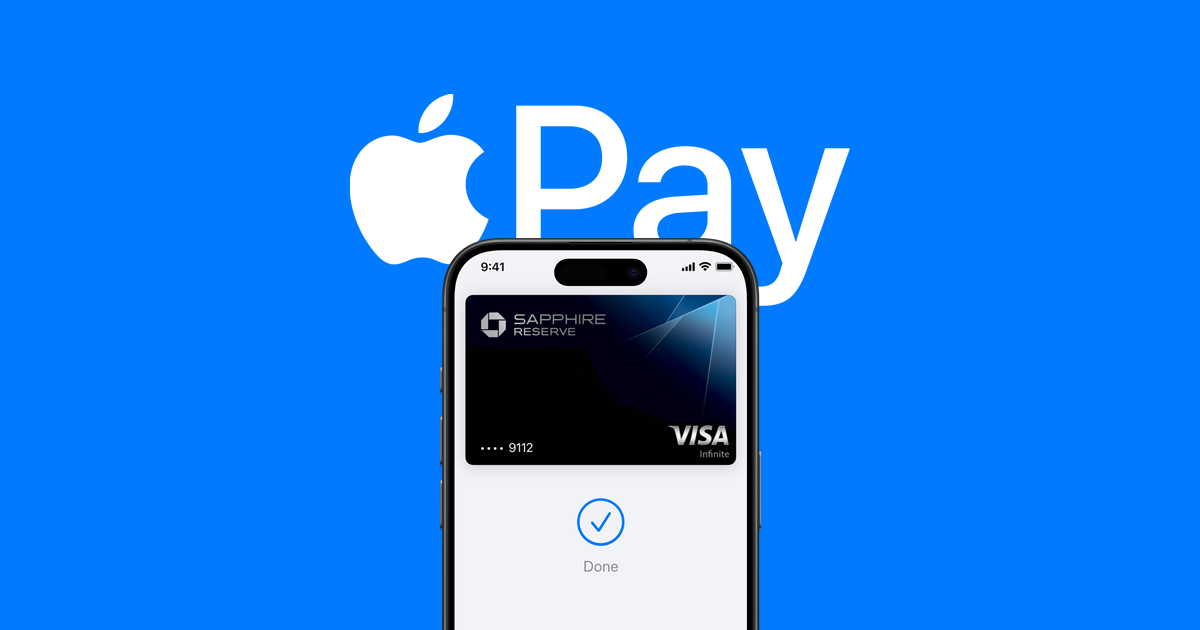
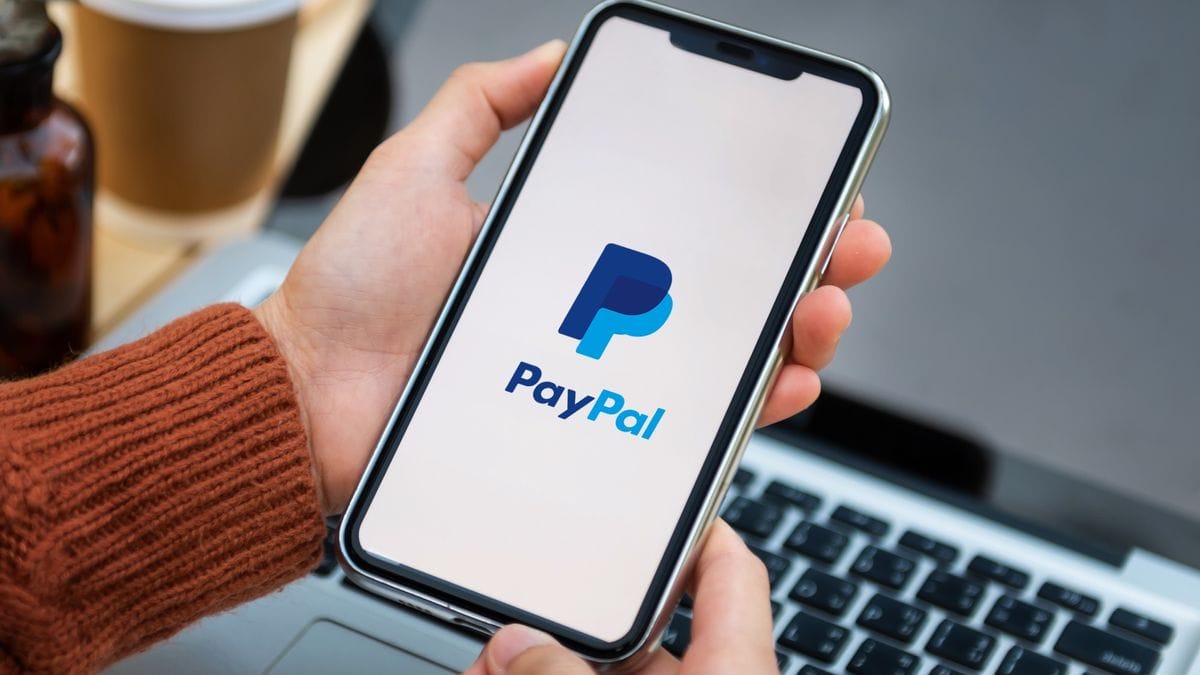
Apple Pay
The usage of Apple Pay in China is extremely limited.
In China, Apple Pay operates through the UnionPay channel, which means it can only be used if your bank card or credit card is UnionPay. Therefore, for most foreign tourists, it's basically impossible to use Apple Pay in China.
PayPal
PayPal is primarily used for international transactions and is suitable for cross-border payments and purchasing overseas goods or services. However, it cannot be used for local payments or to pay for domestic goods or services in mainland China.
Payment with Bank Cards
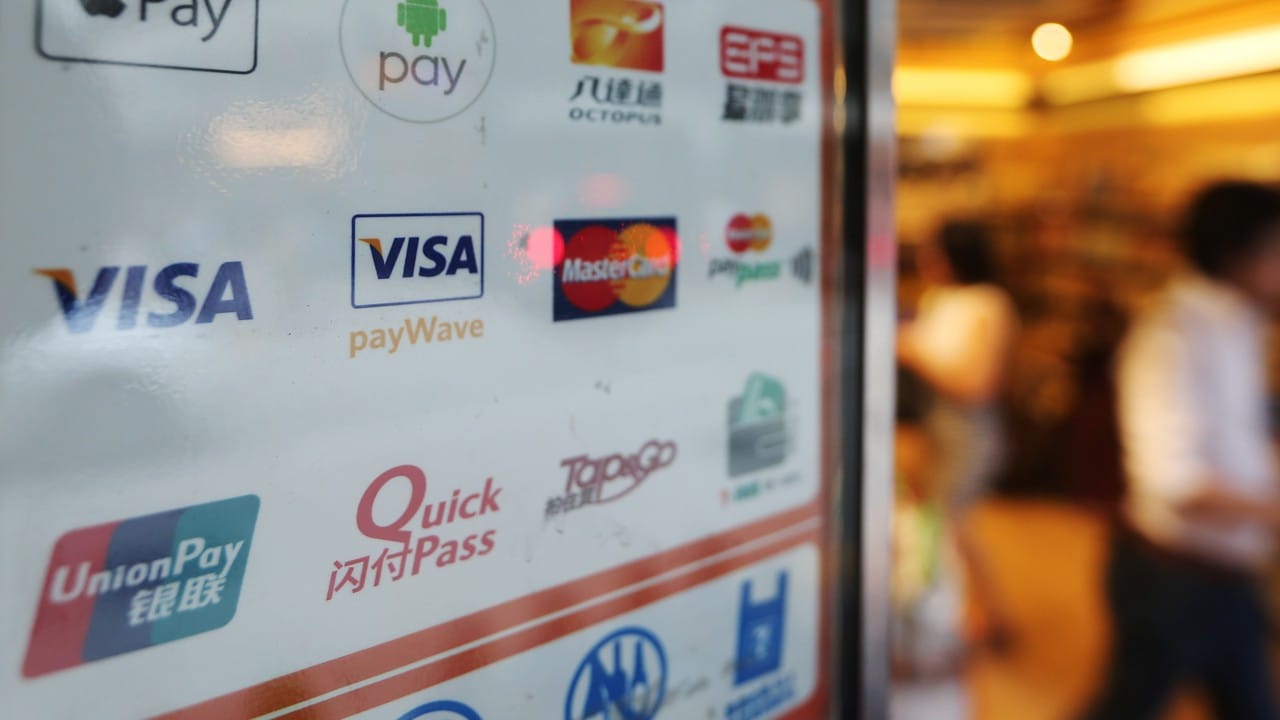
In China, acceptance of foreign credit cards is limited. Most point-of-sale (POS) terminals only accept UnionPay cards. You’ll find that only some chain hotels, large shopping malls, and airport stores accept foreign credit cards.
For dining at restaurants, shopping at supermarkets, or taking the subway, it’s best to download Alipay and link your foreign credit card.
While you might not be able to make direct payments with foreign credit cards in many cases, withdrawing cash from ATMs is quite convenient. Both Visa and Mastercard allow you to withdraw RMB directly from ATMs.
Cash Payment
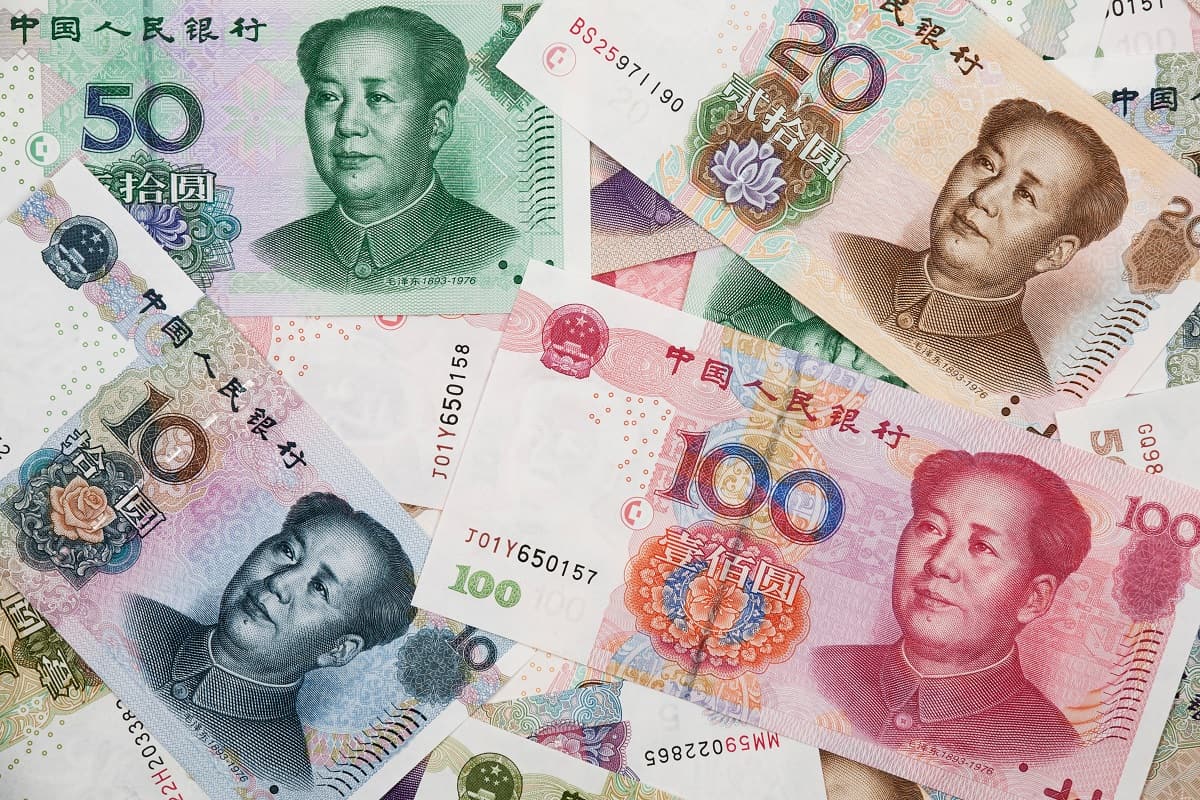
With the widespread use of mobile payments, China has effectively become a cashless society, though cash payments are still accepted.
In China, cash transactions are only possible in RMB, so currencies like USD, GBP, and EUR are not accepted. We recommend using Alipay and keeping 200–500 RMB in cash as a backup. It’s also a good idea to carry one or two bank cards in case you encounter issues with Alipay.
Most bank cards allow you to withdraw RMB directly from ATMs. Additionally, airports, banks, and some hotels offer currency exchange services. Avoid withdrawing or exchanging excessive amounts, and keep your ATM/exchange receipts to help convert RMB back to your home currency without incurring extra fees or complications.

